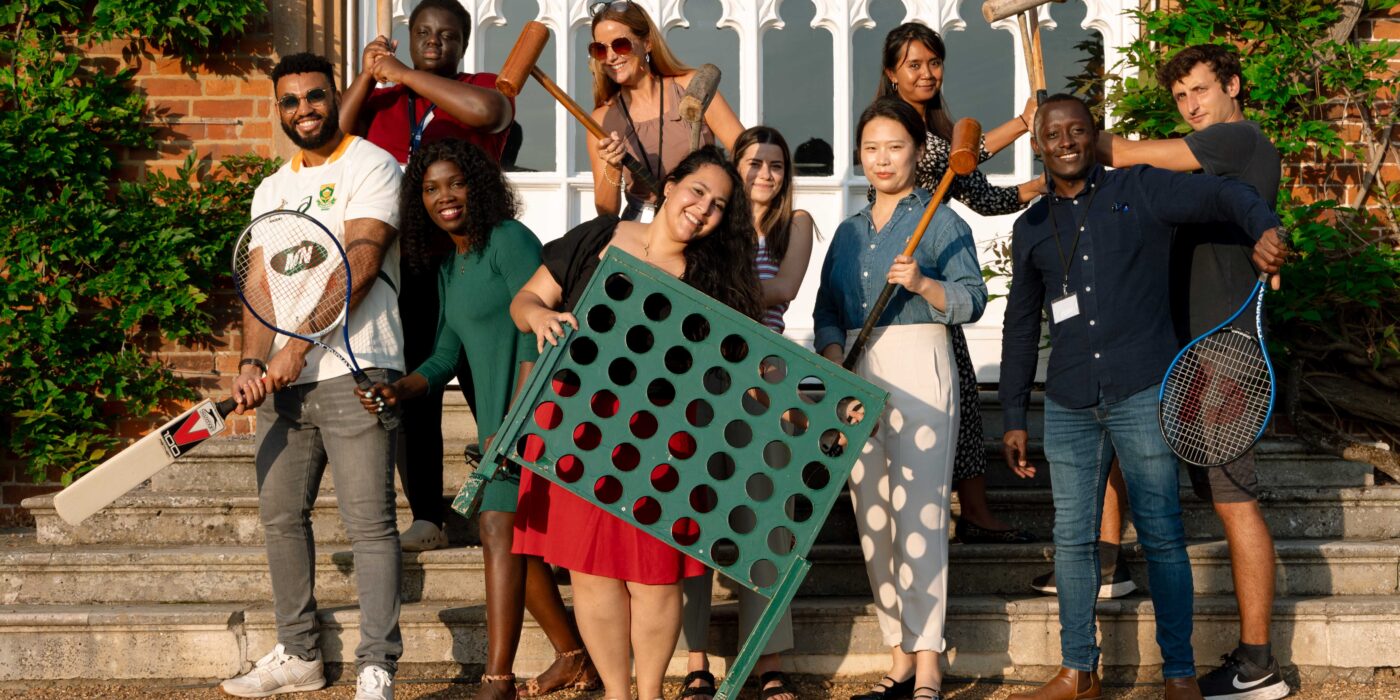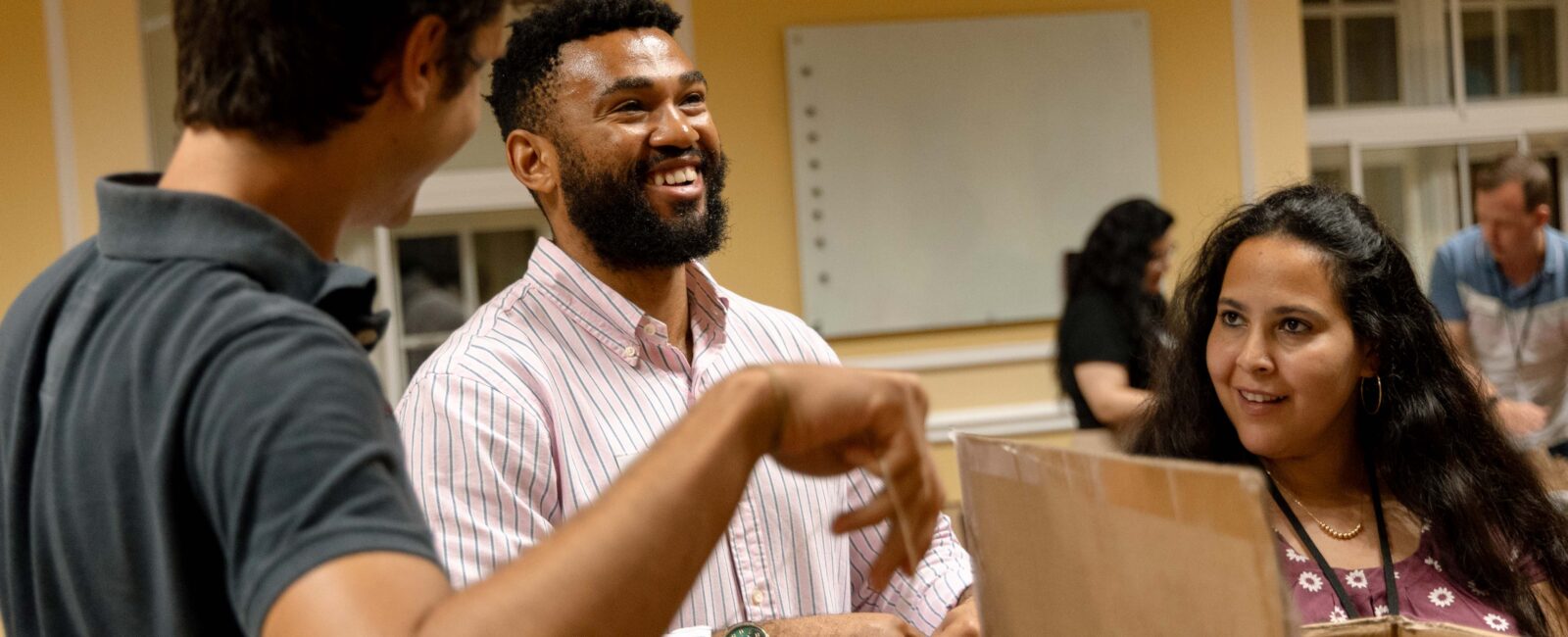Occasionally, you may come across an experience that holds such profound significance that it has the power to alter the course of your life. This could be meeting someone special, securing your dream career, or finding a community of like-minded individuals. I had such an experience at the Cumberland Lodge Fellows’ Retreat this past weekend.
Cumberland Lodge is a charity and social enterprise based in a 17th-century former royal residence in Windsor Great Park. It seeks to empower people through dialogue and debate to tackle the causes and effects of social division. One of its flagship projects is the Cumberland Lodge Fellowship, where a small cohort of talented doctoral students from different backgrounds, ages, and perspectives, are given the opportunity to get involved in the work of Cumberland Lodge.
As a mature student from an underrepresented background based in the north of England, I wasn’t sure if the programme would suit someone like me. I did not attend a prestigious red-brick university for my undergraduate or postgraduate studies. As a matter of fact, I’m the first in my family to graduate from any university in the UK, after having emigrated from a township in South Africa to Kingston upon Hull. As a result, l have previously felt like an outsider and imposter amongst my peers, questioning whether I’m good enough to be on a doctoral programme and whether academia was for me. This concern being exemplified by the appalling underrepresentation of Black academics at professorial and leadership levels in UK universities. Thankfully, my fears about belonging to such a prestigious place were resoundingly misplaced.
Arriving at the Lodge, I was greeted wonderfully by a reception team who made me feel right at home. Later, I found myself in a common sitting area where I met some other Fellows for the first time. The genuine warmth and friendliness took me aback, as well as the passion and collegiately that seemed to permeate the room. Rather than being the odd outsider, I was amidst a group of genuinely diverse but like-minded individuals. We were given a resounding welcome by the Programme team behind the Fellowship, led by Chief Executive Dr Ed Newell.
Over the next few days came a series of unforgettable moments. The programme was organised around various activities, presentations and workshops. These ranged from team-building activities and games, to public speaking and writing workshops, and discussions on ethics. Ever present were the continual dialogues and open-ended conversations that occurred throughout the day. For example, on the way to grab a coffee during a break, a Fellow would offer a question or a unique viewpoint, and a conversation would naturally flow from that. As we were protected by the Chatham House Rule, this seemed to foster an openness and directness conducive to inspiring discussions around pressing societal and ethical issues. Whereas elsewhere, conversations around contentious topics could often be prohibited by people being afraid to say the wrong thing and cause offence, at the Lodge, Fellows felt free to challenge, interrogate, and even press each other on their worldviews or perspectives. However, rather than argue for the sake of it, conversations seemed to be imbued with a spirit of solidarity and respect. Where contrasting viewpoints could be offered and disagreement modelled well.
One of the things that surprised me the most was how much fun we had. We went from singing karaoke to competing in dance battles, and I really enjoyed how our serious discussions were often interrupted by funny stories or jokes that made everyone laugh.

Finally, I have been fortunate enough to spend time with a group of intellectually curious and creative individuals, which has opened my mind to new perspectives. This experience has challenged me both personally and academically, which I believe is a positive thing. I feel empowered and inspired by this organisation, which has a rich history rooted in the legacy of its founder Amy Buller, author of Darkness over Germany. Buller led a delegation of British intellectuals to Germany between 1934 and 1938 in an effort to understand the Nazi ideology and challenge it. Her vision was to create a college that would provide young people with a space to question their fundamental beliefs and ideologies, in the hopes of preventing a similar “moral collapse” in Britain that led to the rise of fascism in Germany. I am filled with pride to be part of this organisation, and am excited to grow as an ethical leader over the next two years.

